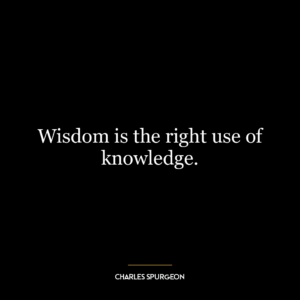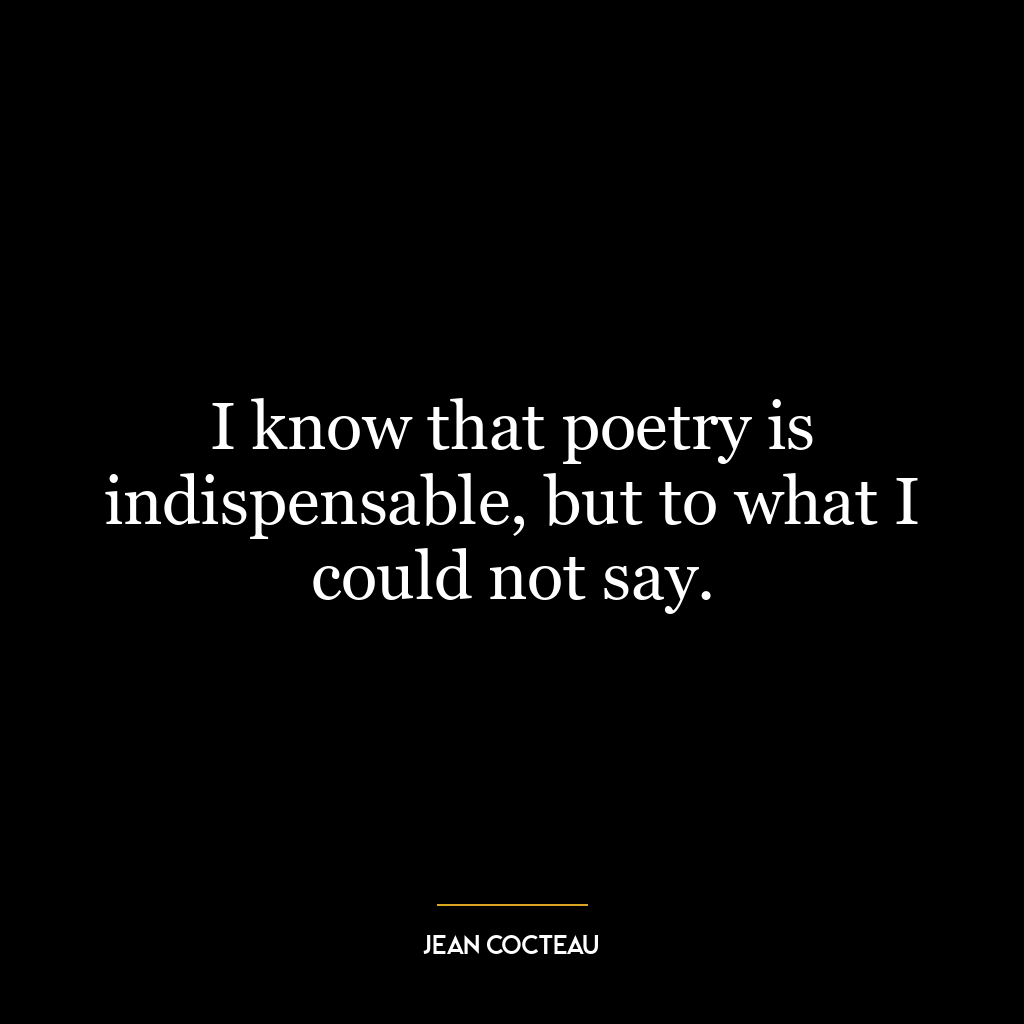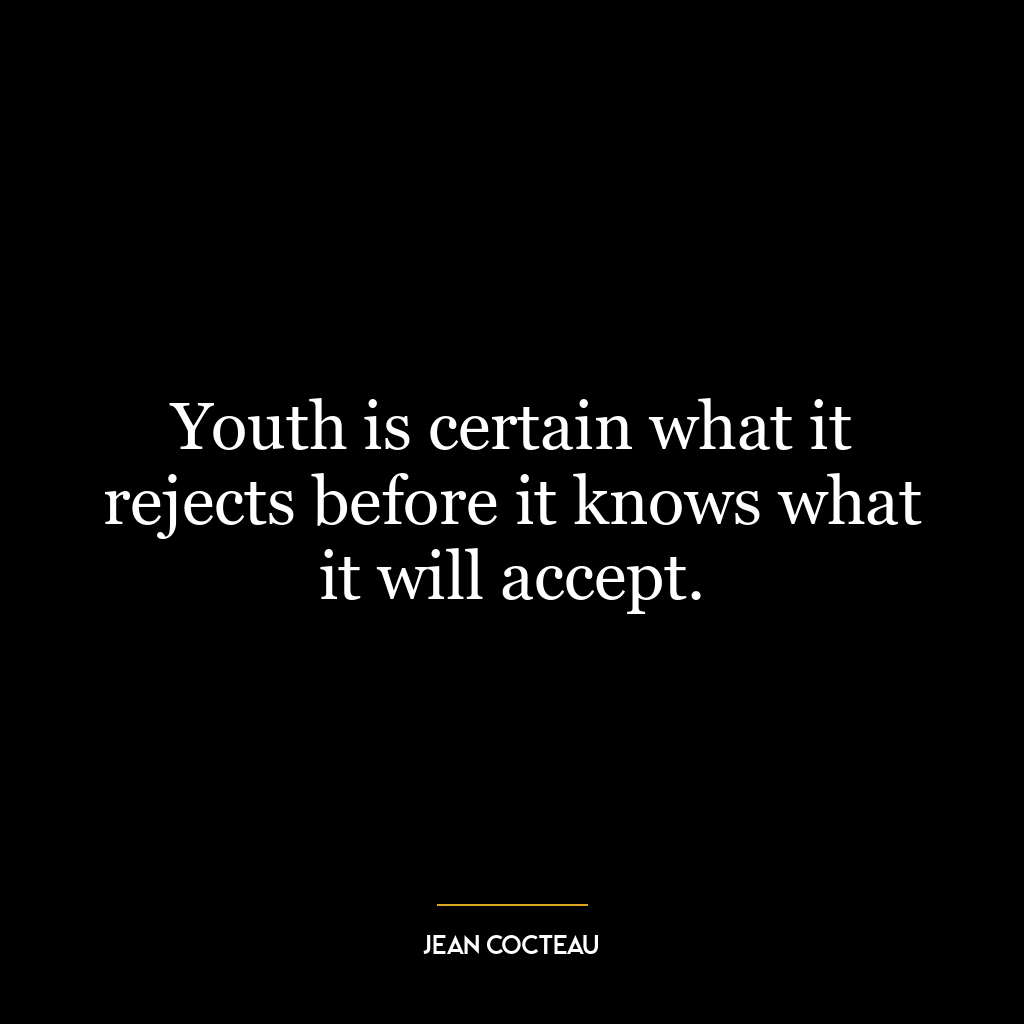We know so little about the future that to worry about it would be the height of foolishness.
This quote emphasizes the unpredictability and uncertainty of the future. It suggests that worrying about something so uncertain and out of our control is not only unproductive but also foolish. The future, by its very nature, is unknown and unknowable until it becomes the present. We can make educated guesses based on past experiences or current trends, but we can never truly know what will happen.
Worrying about the future often leads to anxiety and stress, which are detrimental to both our mental and physical health. Moreover, it prevents us from fully living in or enjoying the present moment as we’re constantly preoccupied with what might or might not happen later on.
Applying this concept in today’s world could be particularly beneficial given our fast-paced society where planning ahead is highly valued. While there’s nothing wrong with making plans or setting goals for ourselves, it becomes problematic when we start worrying excessively about achieving them or when things don’t go as planned.
In terms of personal development, this idea encourages us to focus more on what we can control – our actions in the present moment – rather than fretting over an uncertain future. It doesn’t mean that we should completely ignore potential risks or consequences but rather approach them with a rational mind instead of an anxious one.
For instance, instead of worrying about whether you’ll get a promotion at work (which depends on many factors beyond your control), focus on improving your skills and performance (which are within your control). This way, you’re preparing for the future without letting worry consume you.
Ultimately, this quote reminds us that life is unpredictable; hence worrying excessively about tomorrow won’t necessarily change anything other than causing unnecessary stress today. Instead of allowing fear of uncertainty rule us, embracing it might lead to a healthier mindset where resilience thrives over worry.










